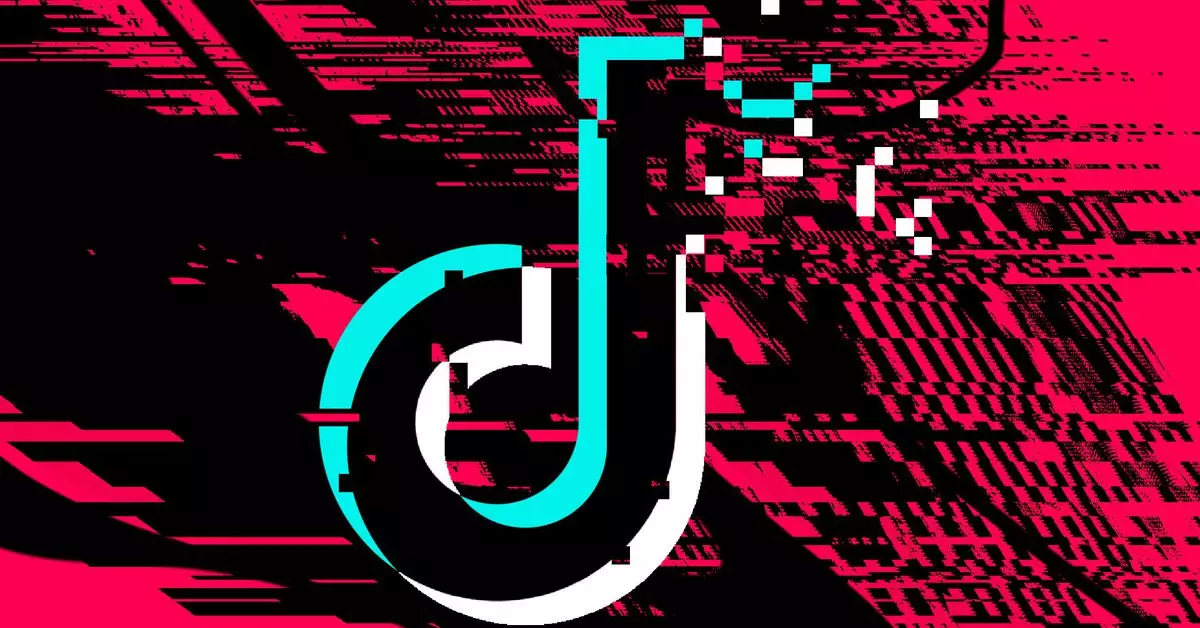In the ongoing saga involving TikTok and the U.S. government, tensions are escalating as companies grapple with the implications of a potential ban. Following the Supreme Court’s decision to uphold the ban, TikTok’s executives, led by CEO Shou Chew, have moved into a defensive posture. Chew’s public appeal to former President Donald Trump for reassurance about the app’s future underscores the contentious relationship between technology companies and political institutions. This situation reflects a broader theme within technology policy: how emerging technologies are continuously navigating the intersection of governance and innovation.
White House Press Secretary Karine Jean-Pierre labeled TikTok’s threat to “go dark” as merely a “stunt,” dismissing any urgency from the company. Her remarks indicated a broader strategy from the Biden administration to disassociate itself from the pressures of the former administration’s timeline. “We see no reason for TikTok or other companies to take immediate actions,” Jean-Pierre stated, effectively pushing responsibility onto the incoming Trump administration. This position raises questions about the continuity of policy in the tech sector and the uncertainty that companies face when regulatory environments shift with political tides.
The discord between TikTok’s leadership and the U.S. government serves as a critical case study in the precarious balance businesses must maintain in a politically charged environment. With TikTok hinting at drastic measures like shutting down operations if immediate relief isn’t provided, the stakes have become undeniably high. Tech giants like Apple and Google now find themselves in a precarious position, contemplating the legal ramifications of defying a federal ban versus potential backlash from users who rely on their services.
Moreover, the prospect of a 90-day extension, suggested by Trump during a recent interview, adds another layer to this dilemma, but it raises the issue of whether such a temporary measure would effectively alleviate the concerns posed by the ban. While the former president might express intentions to provide leniency, the actual execution of such promises remains ambiguous as the transition period begins.
The TikTok situation is illustrative of the wider challenges facing technology firms as governments impose regulations that can stifle innovation. The uncertainty surrounding the legal landscape can deter investment and innovation in new technologies, which contradicts the U.S. historically being a leader in tech development. Moreover, the balancing act between national security concerns and the entrepreneurial spirit that drives tech innovation complicates the landscape even further.
The outcome of this political standoff could set a precedent for how tech companies will engage with governmental regulations in the future. Consequently, businesses navigating the intricacies of compliance and legal liabilities will need to adopt more strategic approaches to anticipate and manage similar crises.
The current predicament surrounding TikTok serves as an emblem of broader issues within tech governance. As the new administration prepares to take charge, the tech industry is left to ponder the future landscape, caught in a cycle of regulatory reactions and existential threats.

